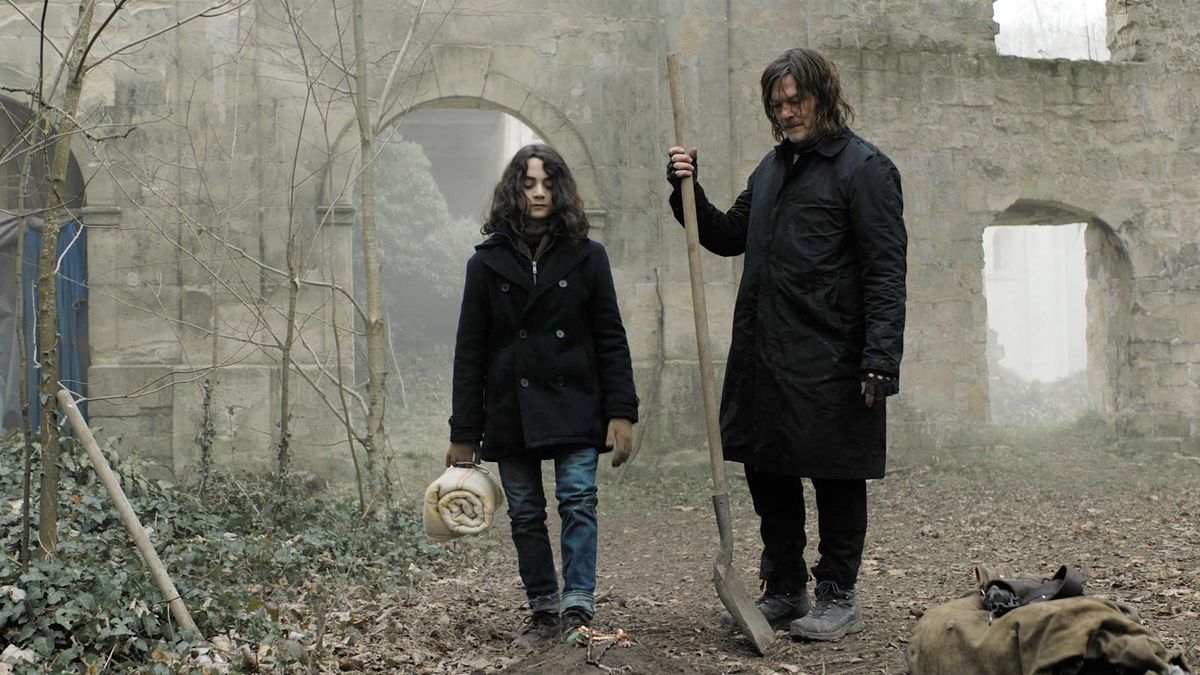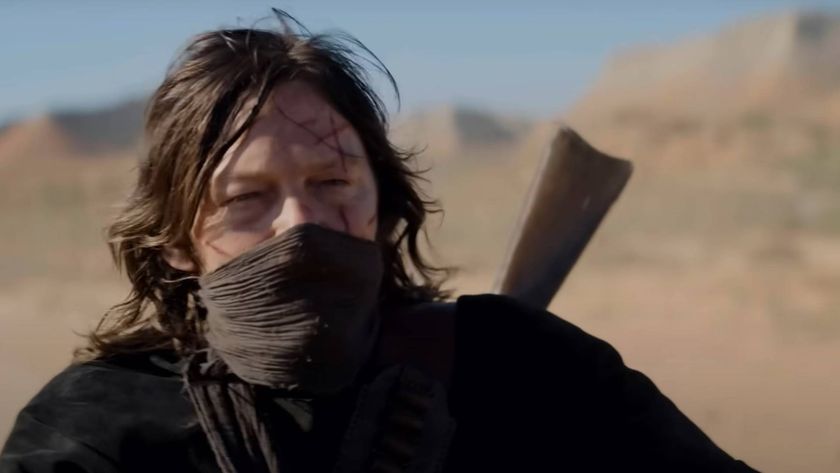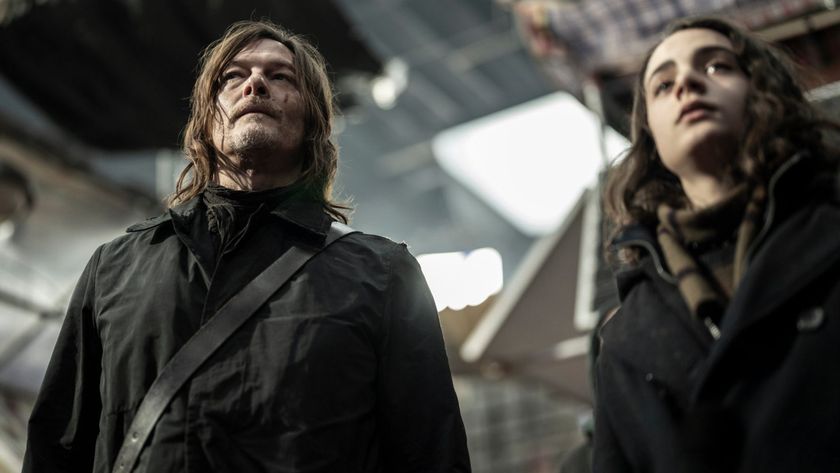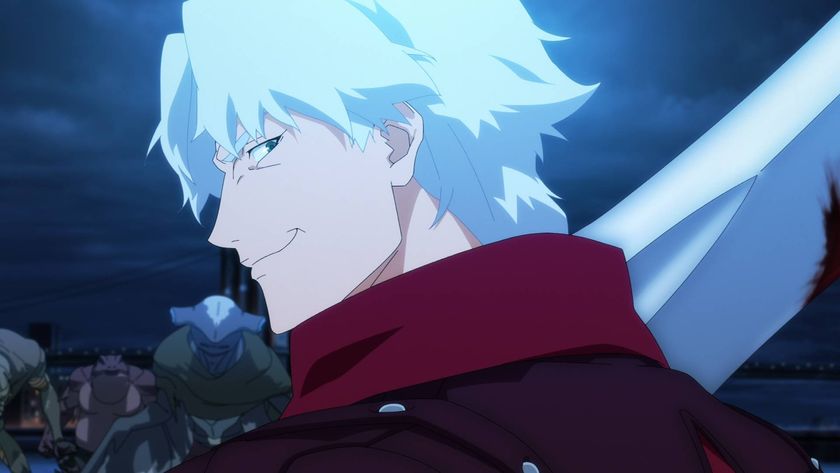12DOVE Verdict
The Walking Dead's latest spin-off is a welcome, moving return to the original show's more nuanced, character-driven early seasons, as it sees Norman Reedus's titular hero find a new family
Why you can trust 12DOVE
Any genre fan will tell you that when The Walking Dead zombie-shuffled onto screens way back in 2010, it had a certain je ne sais quoi. By its conclusion, though, there's no denying that it had stumbled off course. With too many characters and too much emphasis on action (who remembers all that slow-mo in season 11?), it seemed to have lost sight of why people raved about the series at the start; it was an intimate drama as concerned with studying group dynamics and how different people respond to world-destroying events as it was apocalyptic horror.
With its spin-offs, the franchise has carved out an opportunity to start afresh, to streamline itself and revert back to its glory days. Well, The Walking Dead: Daryl Dixon doesn't quite achieve that, but it comes much closer than its predecessor The Walking Dead: Dead City – and close enough, really, to make it worth your while.
As its subtitle suggests, the new outing sees Norman Reedus reprise his role as survivor Daryl, the original show's only character not to have appeared in Robert Kirkman's graphic novel. Set some time after the events of The Walking Dead season 11, it opens on Daryl getting washed up on a beach in Marseille, France, before a run-in with a couple of violent soldier-types sees him knocked out cold and rescued by a bunch of crossbow-wielding nuns. At the habit-wearers' holy castle, which is harboring a priest-on-the-turn, Isabelle (Clémence Poésy) explains to Daryl that he's the one they've been waiting for: a warrior who could escort Laurent (Louis Puech Scigliuzzi), a young French boy born from a pregnant walker, who's believed to be the new messiah thanks to his extreme levels of empathy ("I can feel your sadness; you deserve a happy ending") and alleged Rubik's Cube skills, to an undisclosed location in Paris.
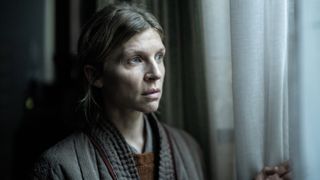
In his best Joel-from-The Last of Us impression, Daryl immediately rejects the idea, growling that these are not his people and that he needs to look for a ship to get him back to his loved ones in the US. Isabelle, then, offers to sort him out a ride if he'll do what she's asked, which gets him listening. But it's not actually until the nuns' safe haven is assaulted by another lot of aforementioned soldier-types that our titular hero agrees.
From then on, the well-paced six episodes play out like a road-trip movie, as Daryl, Isabelle, and Laurent trek northwards, meeting rebels, drag queens, and a crackpot conductor with an all-zombie orchestra along the way. Some of what follows is familiar stuff, sure, but the roving narrative gives the show a certain energy; each encounter switching up the tone from the one that came before it.
The mystery behind how Daryl came to be in France unravels slowly – perhaps too slowly for some – in flashbacks, while Isabelle's dark, drug-fueled past gets the same treatment – in creepy, past-set sequences that showcase how the virus quickly ravaged the French capital, too. In the show, the kindred spirits instantly vibe thanks to Poésy and Reedus's great chemistry – and it's a good thing they've got it, too, as Daryl and Isabelle's relationship is undeniably the best of the two romantic connections the former has ever had since the original show began. (Sorry, Leah – though it's worth noting that even here, the character still doesn't pucker-up). Both are similar performers, brooding and quiet but naturally warm, making it easy to root for their partnership as well as them as individuals, despite their occasionally snappy or selfish moments.
The tension between the pair is palpable from the minute Daryl wakes up confused in Isabelle's picturesque convent and dips into a bath, and it's really rewarding to see that obvious physical attraction deepen and become more meaningful as the show goes on and each of them learn more about one another – and we discover more about Daryl's family and his heartbreaking link to France as well. Unfortunately, Scigliuzzi isn't as strong as the show's two adult leads, often delivering dialogue in a rather forced, wooden manner, but you still believe in the bond of the newfound trio – and after all, found family encompasses what The Walking Dead has always been about.
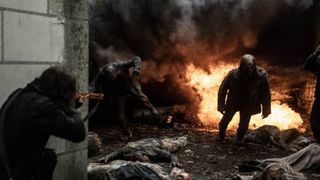
If it wasn't absolutely clear where The Walking Dead: Daryl Dixon is set, showrunner David Zabel regularly deploys songs from across the channel to make sure you know, which feels a little cheap and on the nose, but also gives the series an interesting, more ethereal quality than we're used to. The mix of French and English dialogue keeps those watching who speak the latter engaged and on their toes – The Walking Dead's last few seasons were punctuated with rather snooze-inducing moments – while the beautiful French backdrops make for a welcome change to a dilapidated Georgia and Manhattan.
As does the exploration of a different culture's reaction to the decimation of civilization. Towards the end of the main show, small communities like Hilltop, the Kingdom, and Alexandria would trade goods and services in an attempt to recreate some before-times normalcy. In The Walking Dead: Daryl Dixon, groups are more secluded; some finding solace in faith while others have been driven underground to indulge in more hedonistic pleasures.
As always, though, there are those looking to establish control in a largely lawless world; and Daryl Dixon has a couple of juicy, memorable villains. First, there's Quinn (Adam Nagaitis), the sleazy, suited-and-booted owner of a Parisian nightclub who has a complicated history with Isabelle and bigger-bad Genet (Anne Charrier), a kind-of corrupt army general who's working with a scientist to seemingly weaponize walkers.
Those who have been entrenched in The Walking Dead fandom since the beginning might want more from Daryl Dixon. Now we know the apocalypse started in France thanks to The Walking Dead: World Beyond, perhaps fans will be hoping for more of a backwards-looking show that details how it all kicked off. Instead, we get something a little deeper, a little more human, as Reedus's Daryl gets lost, finds a purpose, and wrestles with what it means to belong. Well, you know, when he's not batting off burner zombies anyway…
More info
| Genre | Drama |
I am an Entertainment Writer here at 12DOVE, covering all things TV and film across our Total Film and SFX sections. Elsewhere, my words have been published by the likes of Digital Spy, SciFiNow, PinkNews, FANDOM, Radio Times, and Total Film magazine.
